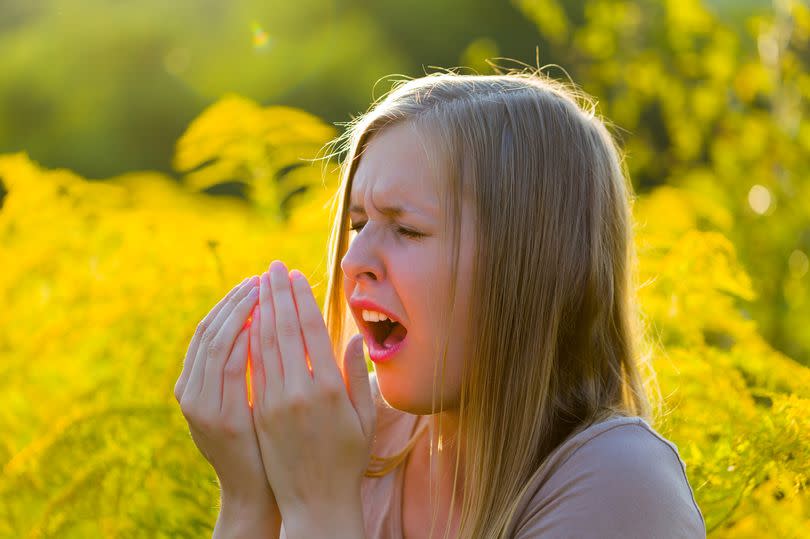Doctors highlight 5 health issues in summer - and what to do to dodge them

Summer brings not only warmer weather but also a host of health issues. While we often associate colds and flu with the colder months, summer has its own set of bugs and illnesses.
Boosting your immune system and stocking up on first aid and flu remedies are as crucial in summer as they are in winter. Steroplast Healthcare has compiled a list of five common summer ailments and how to treat them.
Hay Fever
While many people worry about hay fever during the summer, others are thankful they've never experienced it. However, just because you or your children haven't been affected before doesn't mean you're always safe.
A Steroplast Healthcare expert warned: "Many people develop hay fever spontaneously and in turn are completely ill-equipped to deal with it. It is therefore wise to have antihistamines on hand to ease symptoms should they arise.", reports the Mirror.
"Air pollution, increased stress levels and genetic predispositions have all been blamed for the rise in hay fever cases. But no matter why it arises, if it does it can wreak a great deal of havoc with both personal and working lives."
Asthma
High pollen levels don't just trigger hay fever; they can also affect people with respiratory conditions like asthma.
Asthma can often worsen during the summer months due to increased time spent outdoors and higher humidity levels. Experts advise keeping medication and inhalers readily available, and staying indoors when pollen counts or humidity are high.
Food Poisoning
Food poisoning is more common in the summer than in winter. The heat and humidity create ideal conditions for bacteria to multiply. During warm periods, it's important to keep perishable food refrigerated and pay close attention to sell-by dates.
Heat issues
Heat-related issues such as heat stroke and sunburn are prevalent in the summer months. These issues tend to affect older people more, as our ability to cope with heat decreases with age. To prevent these issues, spend less time outside during the hottest parts of the day, stay hydrated, wear a sun hat, and use sunblock.
Lyme disease
Lyme disease, spread by ticks that thrive in the summer heat, affects an estimated 3,000 people in Britain each year. Common symptoms include a pink or red rash and flu-like symptoms.
However, if left untreated, it can lead to muscle pain, swelling and even temporary mild paralysis. While there is no vaccine available, the risks can be reduced by using insect repellent and avoiding densely wooded areas.
Wearing long-sleeved shirts and being vigilant for ticks when in rural areas can also help.

 Yahoo News
Yahoo News 
